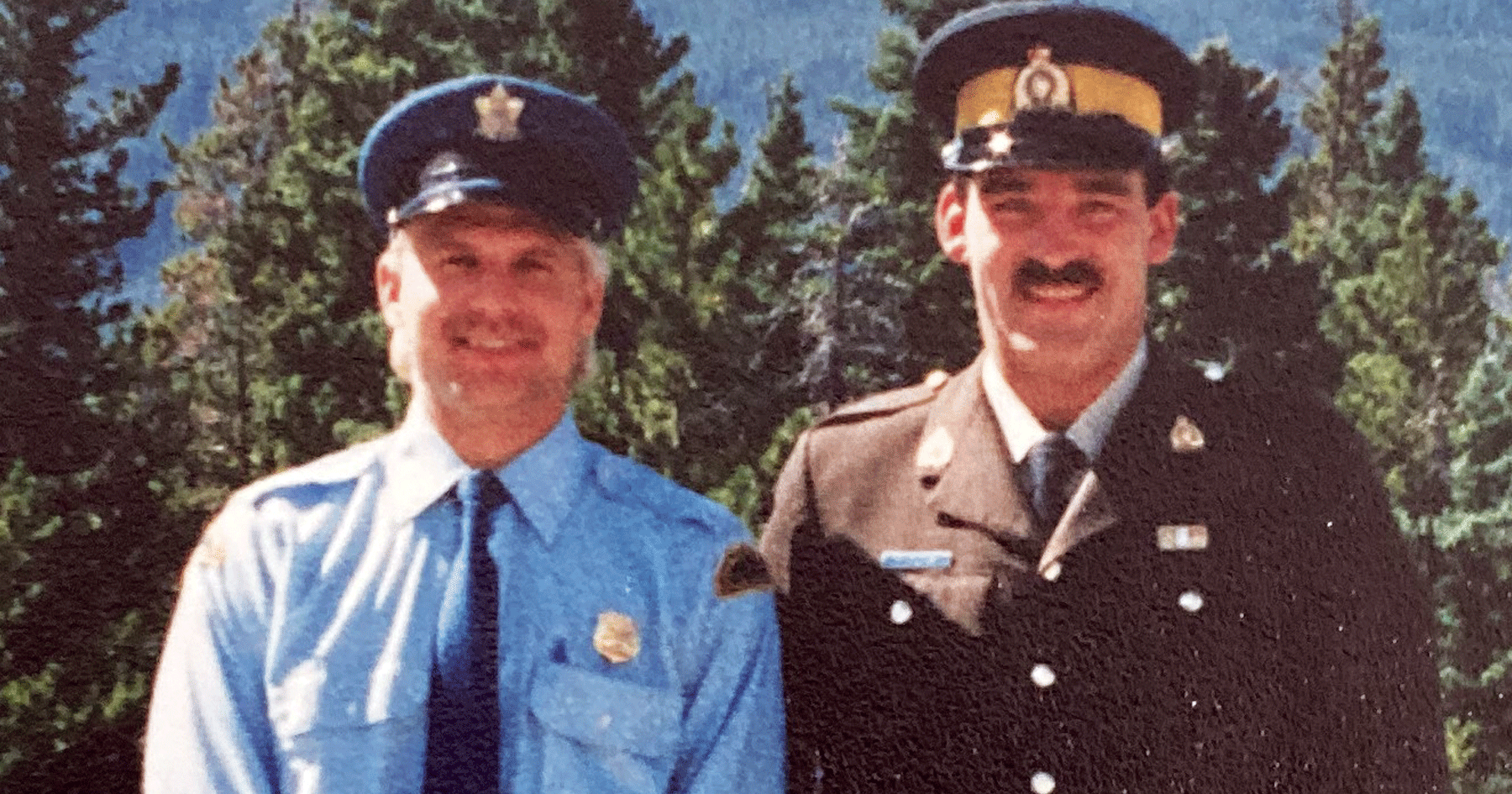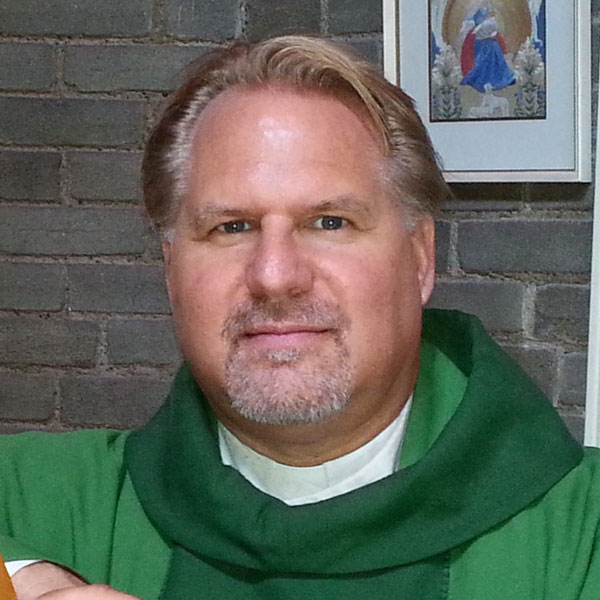“Code Yellow! Lockdown!” I can’t say how often I heard this swift exclamation over the prison PA system while serving as Chaplain at the Vancouver Island Regional Correctional Centre. It was at least once a day and sometimes three or four times in a single shift. Every time, it felt like a bolt of lightning out of nowhere, spiking the adrenaline and sending chills down the spine.
Immediately, the entire jail would go into full lockdown. Inmates in living units were ordered back into their cells, while those in programs were secured in the chapel or a classroom. All the doors locked automatically with a “clunk!” and no movements were permitted or possible.
Staff supervising inmates counted heads to ensure everyone was present, and together we waited – sometimes minutes and sometimes hours – for the next announcement: “Call in your count.” More waiting ensued until finally, we heard, “The count is clear. Stand down Code Yellow.” With a collective exhale, we resumed our “normal” activities and picked up where we had left off.
Code Yellow generally means an officer or staff requires assistance, most often because a physical fight has erupted between inmates or a conflict has otherwise escalated to create an unsafe situation. It becomes doubly serious if the “Code Yellow!” is soon followed by “Code Blue!” This means someone has been hurt or is in medical distress. Prison is a rough and dangerous place. Don’t let anyone tell you otherwise.
While we huddled in place in relative safety, a stampede of correctional officers ran towards the location where the incident occurred. If you happened to be in a stairwell or hallway en route when they came through, you better hug the wall, because they stop for nothing on their way towards the danger, to bring assistance, order and peace to those in need.
It takes a special kind of person to run towards danger when all our human instincts inside are screaming for us to run away, to place one’s own life at risk to save the life of someone else. It may be the rawest form of “love your neighbour as yourself,” as we each knew if we were in trouble, we would want someone to rush to our side to help us. The bond of trust is inviolable: “I’ll be there for you; you’ll be there for me.”
Over my lifetime, I’ve had the great privilege to serve with first responders of all kinds. While in university, I worked three summers in uniform as a Canada Customs Officer. Unpredictable and volatile situations often arose at the border, be it from angry, frustrated travellers or seriously hardened smugglers. The call came over the radio and the first responders, Customs Officers, would run towards the danger. They taught me that sacrifice was an action, not just a word.
We mark Remembrance Day this month, honouring the courage and sacrifice of those who serve and served in uniform and in support roles in the great conflicts of this and the last century. Today in the Canadian Armed Forces, there are approximately 68,000 active personnel and 27,000 reserve personnel who keep us safe by providing aid, assistance, peacekeeping and compassionate humanitarian support. They, and all members of NATO, live out collectively the “Golden Rule” by their solemn vow to run towards danger, literally and metaphorically, so that we might “live quiet and peaceable lives” (1 Timothy 2:2).
As I write this, our American friends to the south are preparing to vote. I think of all the first responders and Capital Police who were injured or wounded fatally following the last presidential election, in the violent uprising of January 6, 2021. I pray this time, when the ballots are counted, and a winner is declared – whatever the outcome – it will not be necessary for first responders to place their lives at risk to ensure the safety of others and the peaceful transfer of power.
I think we are each called by our faith, in ways large and small, to be a first responder: to reach out sacrificially to aid, comfort and support those in need; from emergency sleeping shelters to food banks; to social justice campaigns; to offering prayer and emotional support; to the person hurting on our steps or weeping in our pews, “Love Incarnate” acts when another is in distress.
May God bless us in this calling, and may God bless all who strive for justice and peace on Earth.


